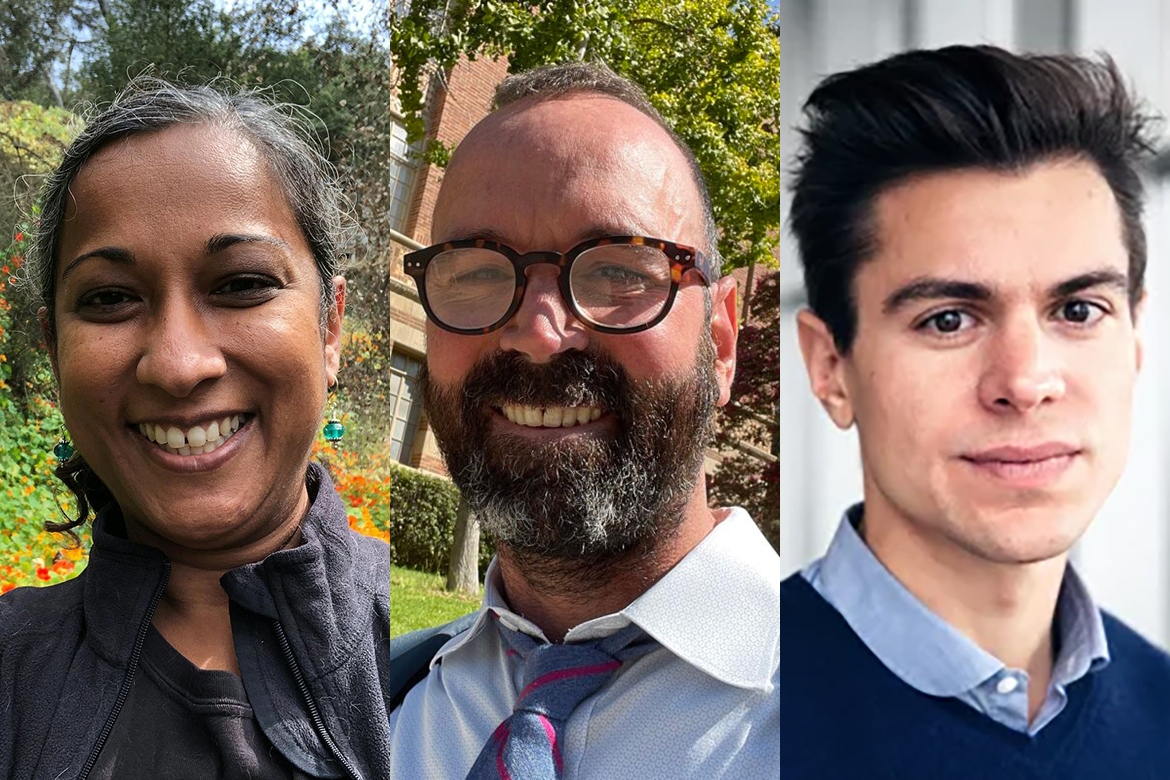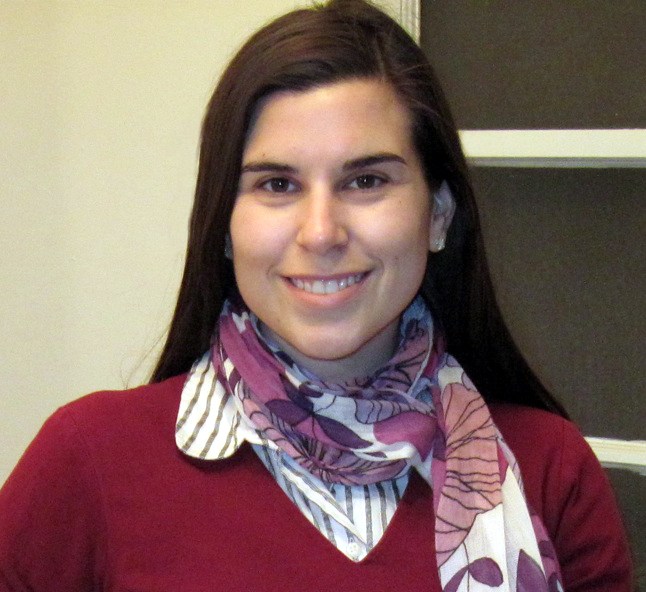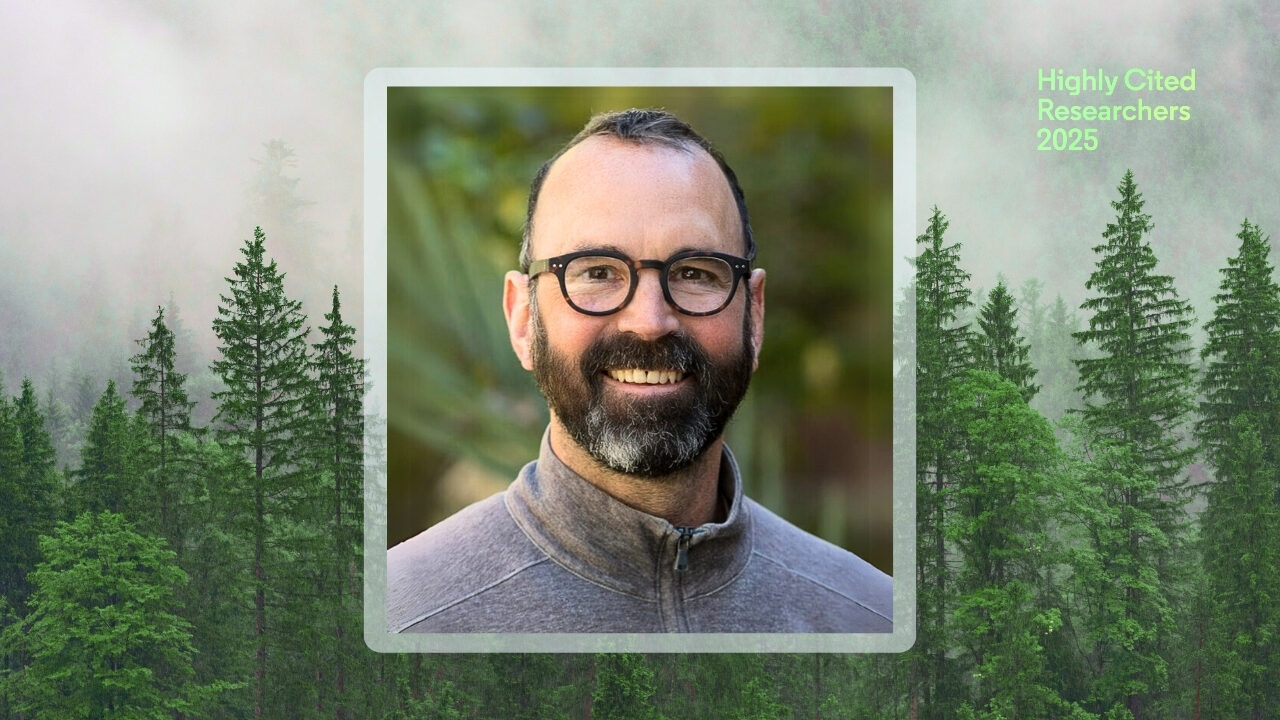
3 UCLA faculty contribute to Fifth National Climate Assessment
Three UCLA professors contributed to the Fifth National Climate Assessment, a report emphasizing the pervasive and inequitable nationwide harms of climate change, which was released by the White House on Tuesday. Co-authors…
Three UCLA professors contributed to the Fifth National Climate Assessment, a report emphasizing the pervasive and inequitable nationwide harms of climate change, which was released by the White House on Tuesday.
Co-authors on the report included:
- Geoscientist and climate scientist Aradhna Tripati, director of the Center for Diverse Leadership in Science and a professor in the Department of Earth, Planetary and Space Sciences, the Institute of the Environment and Sustainability, and the American Indian Studies Center
- Atmospheric physicist Alex Hall, director of the Center for Climate Science and a professor in the Department of Atmospheric and Oceanic Sciences and in the Institute of the Environment and Sustainability
- Environmental economist Will Rafey, an assistant professor in UCLA’s Department of Economics
Tuesday afternoon, Tripati joined a White House panel discussion of the assessment. The report, she noted, departed from previous reports by drawing on different knowledge systems, discussing leadership from Indigenous communities and communities of color, and including issues of climate justice. The report also varied from older iterations by representing the role of knowledge of social sciences and arts.
Tripati, who works on climate justice issues with partners including the Amah Mutsun Land Trust, Esperanza Community Housing, East L.A. College and others, shared her thoughts in advance about what she hopes people will take away from the report:
“We’re actively experiencing severe climate change impacts,” Tripati said. “It is not something that happens in the future here. It is not something only happening in places far away from where we live. All weather is now being affected. And this is human-caused. This is not normal.
“The report documents the state of the science on the physical and human experiences,” she said. “We are all seeing it happening, with disasters happening every three weeks or so that wreak havoc in the U.S., with lives and communities wrecked and a billion dollars or more of damage for each one. Record temperatures are now affecting one-third of the U.S. — 100 million people. To give you a sense of what that means, Phoenix just had its deadliest year on record for heat deaths. They increased by 50% this year.”
Disasters are increasing in number and interacting to fuel one another, she said.
“Every one degree of warming, but also every tenth of a degree, makes a difference in terms of impacts,” Tripati said. “We urgently have to decide what to do about it.”




